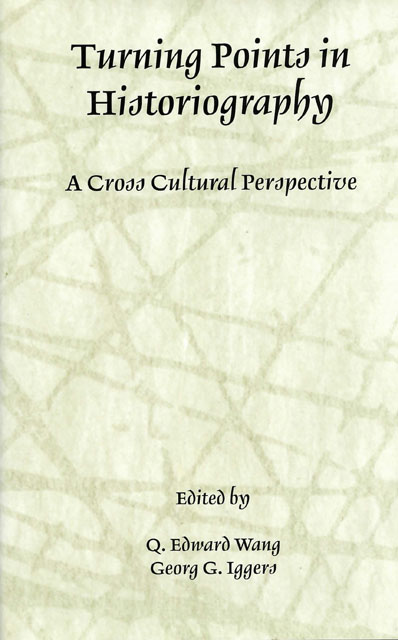Book contents
14 - Postmodernism and Chinese History
Published online by Cambridge University Press: 29 February 2024
Summary
The discussion below considers questions raised by postmodernism with specific reference to issues in the historiography of China. If I spend more time working through questions of postmodernism than on the historiography of China, it is because the former demands considerable clarification before there can be any evaluation of what it may imply for the study of Chinese history, where its effects have become visible only in the last few years. The few self-proclaimed efforts at writing postmodern histories of China have provoked an almost unthinking hostility among some historians, based mostly on a misunderstanding, if not a caricaturing of what postmodern historiography might entail. To be fair, this hostility is provoked in part by the advocates of these new approaches who, taken by their own novelty, make exaggerated claims for postmodernist innovation which may be sustained only by their caricaturing of the historiography they would depart from. But it is driven also by a conservative attachment to what is considered to be proper historical method, and an even more conservative urge to police disciplinary boundaries. We need to confront both the abuses of postmodern historiography, and the abusive hostility it provokes; for the issues involved are too important to be lost in the mazes of what often seems to be little more than trivial professional politics. What is at issue, most fundamentally, is the relationship of history as discipline and epistemology to its broader cultural environment, whether in China or the United States, which are the locations of concern in this discussion.
I. Historicizing Postmodernism
“Postmodernism is an exasperating term,” Hans Bertens writes, because, “in the avalanche of articles and books that have made use of the term since the late 1950s, postmodernism has been applied at different levels of conceptual abstraction to a wide range of objects and phenomena in what we used to call reality.” Not only does the meaning assigned to the term differ from one artistic realm to another, Bertens suggests, but these meanings often point in conflicting directions, especially in the relationship of the postmodern to the modern.
- Type
- Chapter
- Information
- Turning Points in HistoriographyA Cross-Cultural Perspective, pp. 287 - 324Publisher: Boydell & BrewerPrint publication year: 2001

